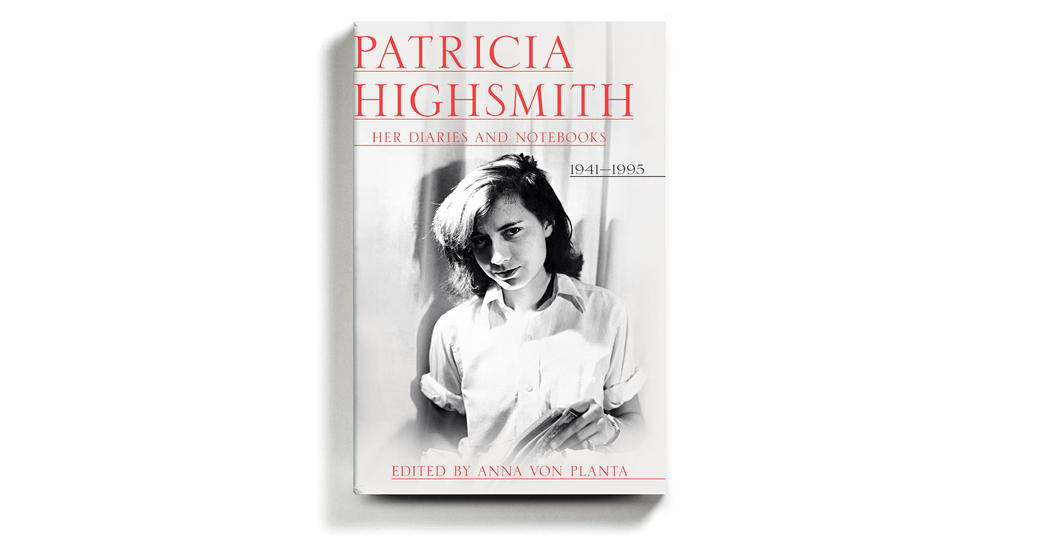
She liked to go out in the morning and buy brioche and croissants for lovers still in bed. She wrote, “Life has no pleasure equal to that of the moment under the shower, singing, with a wonderful girl waiting in her bed in the next room.”
She kept her diaries — she knew they’d be published one day — in French, German and other languages, in part to master those languages and in part to repel prying eyes.
By day Highsmith pegged away at her writing. By night she pegged away at her gin.
She was a powerful and systematic drinker. She started young. “The world and its martinis are mine!” she wrote in an ebullient 1945 entry. She reports having five before dinner with Jane Bowles and being sick. Twice she mentions having seven martinis at a single sitting — once before, during and after a lunch, and once at dinner.
“I wonder if any moment surpasses that of the second martini at lunch, when the waiters are attentive, when all life, the future, the world seems good and gilded (it matters not at all whom one is with, male or female, yes or no),” she wrote.
She thought hard about alcohol and its role in the creative process. Writers drink because “they must change their identities a million times in their writing,” she said. “This is tiring, but drinking does it automatically for them. One moment they are a king, the next a murderer, a jaded dilettante, a passionate and forsaken lover; other people actually prefer to stay the same person, stay on the same plane, all the time.”
Despite hangovers, occasional blackouts and a few embarrassing scenes, she took more from gin, she reckons, than it took from her. “Without liquor I would have married a dull clod, Roger, and had what is called a normal life.”
Highsmith was drawn to worst-case scenarios and blacker-than-black themes. Graham Greene called her “the poet of apprehension.” Her characters seem, like those in Shirley Jackson’s story “The Lottery,” ready to pick up a rock.



